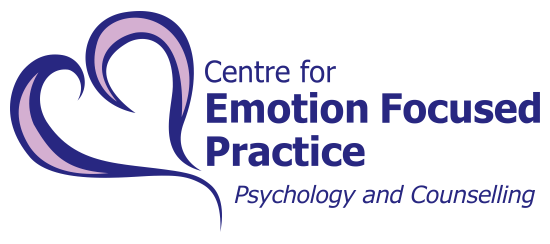A More Psychological Pain Management
 Pain. It is such a subjective term. For some, pain, such as an ordinary headache, is tolerable; while for others, it can be, for the lack of a better term, a traumatic experience. Yet, almost all of us would like to, as much as possible, avoid experiencing pain. That is why there abounds in the market hundreds of brands of pain-relievers.
Pain. It is such a subjective term. For some, pain, such as an ordinary headache, is tolerable; while for others, it can be, for the lack of a better term, a traumatic experience. Yet, almost all of us would like to, as much as possible, avoid experiencing pain. That is why there abounds in the market hundreds of brands of pain-relievers.
So, how is it that one copes with pain?
According to a report from the American Psychological Association, (“Relieving Pain in America: A Blueprint for Transforming Prevention, Care, Education, and Research”), we should integrate the psychological, biological, and social factors in the management of a patient’s pain. Primary healthcare specialists should not ignore these factors when they treat their patients because, sometimes, it is these factors which are the ones which contribute largely to the patient’s illness. Also, having these factors in mind could help doctors to apply an effective management of the patient’s pain.
Psychological Pain Management
Practical psychological pain management include techniques like Counselling, Relaxation Therapy (wherein patients are taught how to enter a psychological state of relaxation which induces healing and pain reduction), Stress Management, and Pain Coping Skills Training (where one learns how to accommodate one’s life around pain) can also be given to patients so that they won’t always have to rely on pain-relievers.
In another study, which is published by Arthritis.org, they also emphasized on the psychosocial intervention, like Cognitive-behavioural therapy and Active Coping (which is defined as actively seeking social support, seeking professional help, changing environments, and planning activities which relieves stress) in dealing with chronic pain due to osteoarthritis and rheumatoid arthritis.
There are, however some other alternative treatments to pain which we are familiar with. Yoga/meditation, prayer, imagery and even hypnosis can also help alleviate minor to average bouts of pain. These alternative treatments can be even more effective in dealing with pain than medicine. For example, in a program made by Dr. Jon Kabat-Zinn, meditation and yoga have shown to significantly decrease the dosage and/or intake of pain-relievers by patients suffering from chronic or acute pain. Hypnosis, on the other hand, is where alpha waves are induced. It is in this state that the mind goes into deep relaxation and pain is reduced. Prayer is also thought to help alleviate pain through the spiritual context, though evidence regarding this is very limited.
In summary, we must not be overly dependent on merely what can be bought over the counter or as what is prescribed by most doctors. There are many ways we can alleviate pain and all we need to do is to look at some of the alternative treatments out there. What we need is an open mind when looking for deeper knowledge and an understanding when searching for a cure to any of our illnesses. As said by psychologist Francis Keefe, PhD, “Over-reliance on a purely biological perspective on pain often contributes to an enormous amount of suffering and increased cost.”
To get an appointment or to find out more about our pain management services, please call (03) 9820-5577.



I am a Dentist in South Yarra, Melbourne, as much as I wanted to keep my patients relaxed and comfortable, there are those who have dental anxiety and they are afraid to experience pain. The pieces of advice you have shared will certainly aid me in dealing with those kind of patients. Now, I have the ideas of what to tell them in order to manage the pain psychologically.